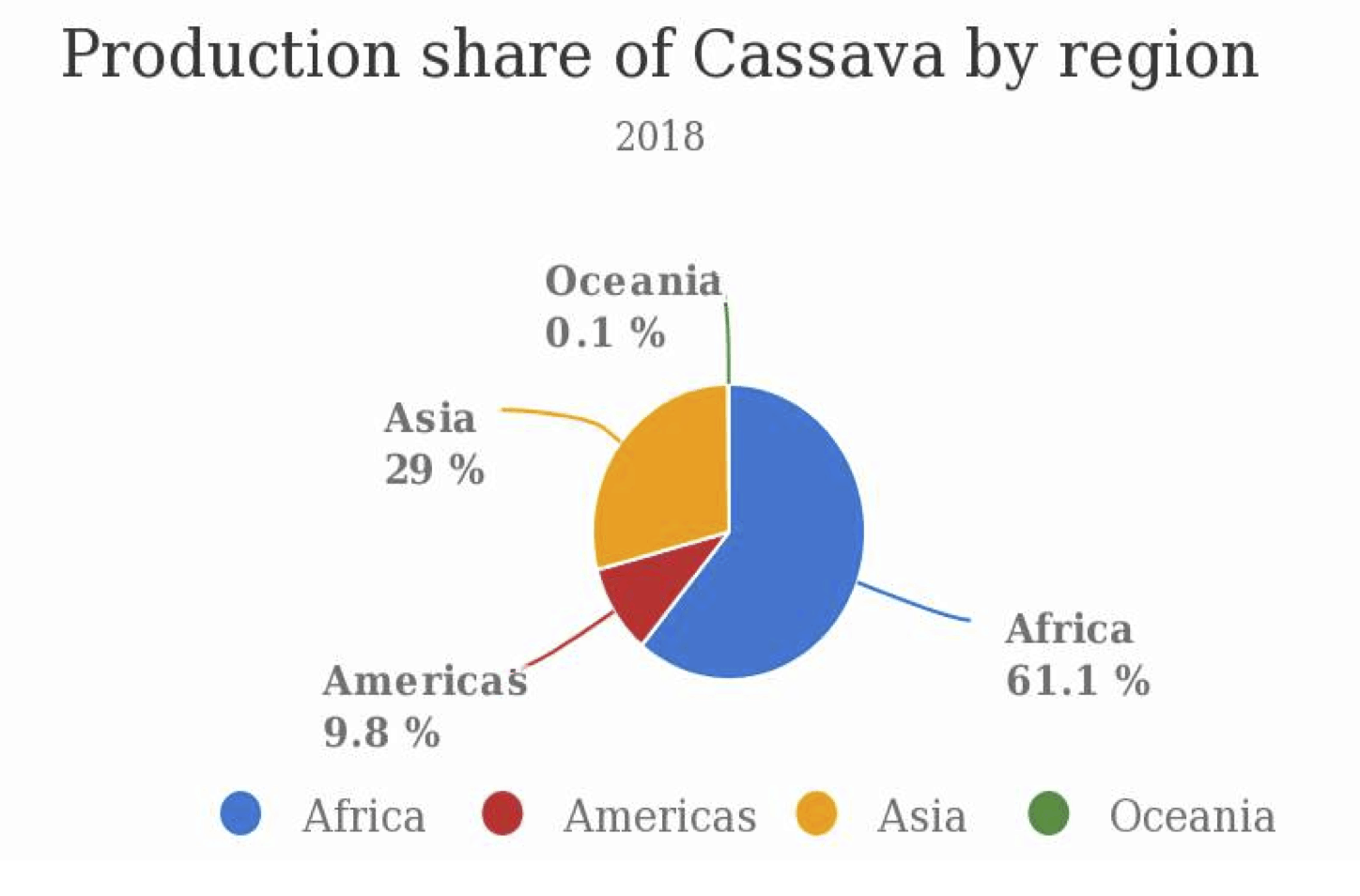
Unique Market Opportunity
Opportunity to Develop the Cassava Market in India
DIL has conducted research and analysis across India and comparable markets around the global including industry participants, to seek an alternative approach to sugarcane farming and production – sustainable, economically feasible and environmentally friendly.
DIL has concluded, along with many large sugar cane producing countries and corporations, that cassava is disrupting the sugar cane industry and its expected to significantly compete and/or replace many traditional sugar markets. This is due in part to improved processing cassava technologies and increased by-product applications, that sugar is simply unable to achieve.
Cassava is the most reliable, durable and financially feasible crop, compared to sugar cane, both to the farmer, plant owner, workers and the Indian economy as a whole. It provides (i) immediate relief to local farming communities with greater income stability and diversification; (ii) significantly improved long term environmental; and (iii) an economically feasible and profitable alternative for India and its sweetener industries to meet its ever increasing demand for sugar consumption. In fact, Cassava starch is seen as the most highly preferred product for the production of sweeteners as a result of its high level of purity, excellent texture, thickening properties and neutral taste.
Additionally, the growing health consciousness along with the rising cases of diabetes have stimulated the demand for artificial sweeteners across the globe. The increasing demand for these sweeteners is expected to drive the cassava starch market in the coming years.
Strategy
DIL is already in discussions with various Buyers across India to implement SPPs. To ensure the Buyer can attract the farmers, DIL will commit to those new cassava farmers a financial incentive. This incentive, along with the numerous benefits described herein, should secure complete commitment by farmers to add and switch to cassava crop farming and support each SPP.
Implementation
During the 18 months construction of the SPPs, the farmers will agree to end sugarcane farming and prepare their land for cassava plantation. This should follow their typical sugar cane farming process and not lose potential income during this period. By the time the SPP is ready, the farmer should have grown sufficient cassava available for collection and processing.